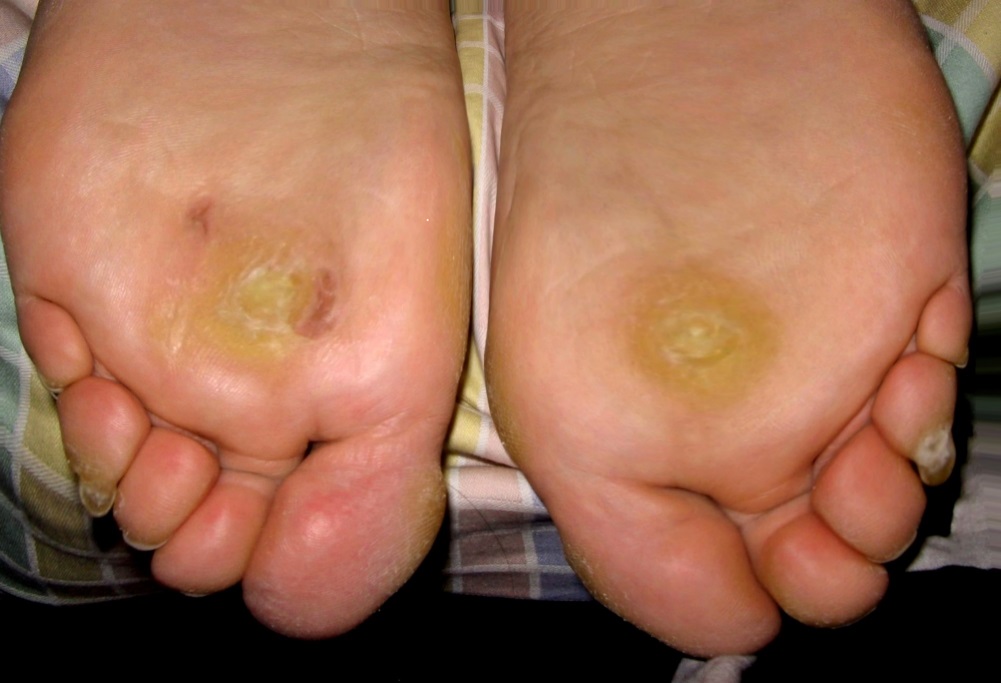Plantar warts, caused by the human papillomavirus (HPV), are stubborn and sometimes painful growths that can develop on the soles of your feet. While they are harmless in most cases, treating them is often necessary to prevent discomfort or further spread. For those seeking natural remedies, there are effective options worth exploring. Here are a few remedies, how they work, and how they are applied:
Plantar Wart Remedies
Before jumping into treatments, it’s important to understand what plantar warts are. These warts often appear as small, rough patches on the skin and may have black dots in their center, which are clotted blood vessels. They thrive in moist environments, such as showers or gym floors, making it crucial to practice good foot hygiene to prevent them.
Tea Tree Oil
Tea tree oil is used as an antiseptic to help kill bacteria and viruses, making it a typical remedy for plantar warts. Its properties make it a key tool in fighting the HPV virus. To use tea tree oil, apply a small drop directly on the wart. Allow it to soak in and cover the area with a bandage. Repeat this process twice daily for consistent treatment. For sensitive skin, try diluting the oil with a carrier oil, such as coconut or olive oil.
Apple Cider Vinegar
Apple cider vinegar is another standard remedy for plantar warts. Its antimicrobial properties support the prevention of infections. To apply, soak a cotton ball in apple cider vinegar and place it directly over the wart. Secure it with a bandage or medical tape and leave it on overnight. If skin irritation occurs, dilute the vinegar with an equal amount of water. Consistent use is essential for noticeable progress, typically over the course of several weeks.
Garlic Extract Method
Garlic is not just a kitchen staple; it’s also a powerful natural remedy for various skin conditions, including plantar warts. Known for antiviral properties, garlic extract works to attack the root cause of the wart. Crush one clove of fresh garlic into a paste and apply it over the wart. Cover it with a bandage to keep it in place, and leave it on for several hours before removing it. Repeat daily until the wart diminishes. Additionally, incorporating garlic into your diet may provide added immune support, which may help address the virus internally.
Duct Tape Method
SDuct tape is a standard remedy for plantar warts, and its effectiveness has been backed by anecdotal evidence. The method works by depriving the wart of oxygen, thereby inhibiting its growth. Simply cut a small piece of duct tape to cover the wart entirely. Leave it on for up to six days, then remove it and gently exfoliate the area with a pumice stone or emery board. Allow the area to air out for 12 hours before reapplying fresh tape. Repeat this cycle until the wart fades, which may take several weeks.
See a Professional for Plantar Warts
If natural remedies prove insufficient or if the warts are painful and persistent, it’s wise to seek professional medical advice. A dermatologist or doctor can assess the condition and recommend additional treatments such as cryotherapy or prescription medications. Begin with the method that suits your lifestyle and preferences, and always prioritize consistency for optimal results. For plantar warts that won’t go away, seek the help of a professional for more effective treatments.

